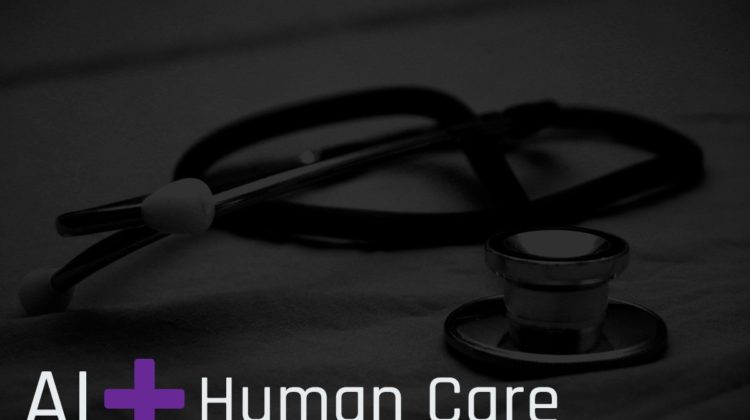
Here’s an all too familiar doctor visit scenario: You arrive early to fill out a short-novel-length amount of paperwork. You’re ushered into an exam room, where a PA or Medical Assistant asks the reason for today’s visit and have there been any changes to your health or medications? Next, your doctor (or PA) walks into the exam room, sits at a computer — often with their back to you — and asks more questions while typing in your responses and their related notes. In just a few minutes, you’re sent off with a new medication to try or a procedure to have done.
It’s all very routine and mechanical, and the patient usually leaves the office without feeling as if anyone took a serious interest in their problem. But how can advanced technology and Artificial Intelligence (AI) improve the relationship between doctors and patients thereby improving the patient experience?
There’s a bit of buzz in the news and blogs on this topic, and that’s because of Dr. Eric Topol’s new book, Deep Medicine: How Artificial Intelligence Can Make Healthcare Human Again. An article by Scripps Research shares Dr. Topol’s feelings that “We currently live in a world of shallow medicine,” and that “Patients exist in a world of insufficient data, insufficient time, insufficient context, and insufficient presence.”
AI plays an important role in re-humanizing medicine. Known as Evidence based medicine (EBM), this specialized practice combines important data that defines each patient’s medical, social, and behavioral background with the conditions a patient is experiencing. From this data, deep learning using AI pattern recognition and machine learning provides the doctor with a detailed impression of the patient. The final component is the doctor’s expertise, which will determine the best method of treatment for the patient from the data findings. This isn’t a new practice in medicine, but with more erudite information available through AI, the results of EBM will continue to improve.
So, how does this help the doctor/patient relationship? Some advantages of AI in medical practices relate directly to improved office and hospital visits.
- Unmistakably, more work taken on by technology will free up health providers’ time. The best in their field will use this found time to improve patient interactions.
- Improved diagnostics. Faster and more accurate results can literally save lives. In some cases, doctors will be able to work with their patients on a choice of treatments.
- Higher quality health records will give medical providers information to share with patients for predictive and preventative care.
- Thinking beyond your own situation, AI will help medical care reach underdeveloped regions in which many sick people have never even met a doctor.
- Whether the applicant’s name is part of their email address
On the flip side, there are always concerns that come with innovation. AI in medicine does give pause for a number of reasons. As long as these are addressed, the benefits will outweigh the risks.
Will patient privacy be compromised with the vast amounts of data collected for AI medicinal applications? Ethical questions regarding patient consent and autonomy policies must be clearly defined and followed. The quality of the study of medicine cannot decline as the burden of medical work moves from doctor to computer.
Computers will never replace doctors. But AI technology can complement their life-saving work.
